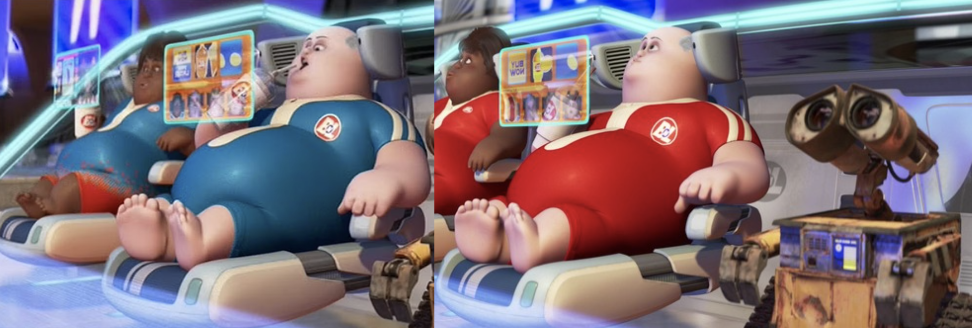A recent medical research journal pointed out that some doctors experienced temporary 'disability' after just a few months of using AI to assist in detecting pre-cancerous lesions of colorectal cancer. The study further highlighted that if humans overly rely on technology, they may gradually lose their ability to make independent judgments.
With AI assistance, doctors' skills declined by 20% in just a few months.
The research led by Yuichi Mori, a scholar from the University of Oslo in Norway, investigated the clinical performance of four endoscopy centers in Poland. These doctors are not inexperienced; each has performed at least 2,000 colonoscopies.
In the study, scholars divided doctors into two groups: some used AI to assist in identifying pre-cancerous polyps, while others did not use AI. The results showed that after three months of using AI, when doctors operated independently, their detection rate actually decreased by 20% compared to before using AI.
Over-reliance on AI causes 'skill dulling.'
The research report indicates that while the introduction of AI can help doctors make more accurate diagnoses in the short term, it simultaneously leads to a decline in doctors' judgment abilities, pointing out that this is because doctors have 'become less proactive, less focused, and no longer take responsibility for their own judgments,' resulting in worse performance without AI assistance.
In other words, if AI helps too much, the human brain becomes lazy.
The stronger AI becomes, the greater the problem; MIT has also issued similar warnings.
Scholar Mori stated that as AI capabilities become stronger, the extent to which doctors' skills are replaced and degraded may become more severe.
Omer Ahmad, a gastroenterologist at University College Hospital London, although not involved in this study, also published a commentary in the same journal, stating:
"AI indeed has the potential to enhance healthcare quality, but we must also be aware that these tools may, unknowingly, cause doctors to gradually lose the basic skills needed for high-quality endoscopic procedures."
MIT also conducted a similar experiment this year. They found that using OpenAI's ChatGPT to write articles reduces users' brain activity and cognitive engagement, indicating that AI tools may lower human thinking participation. Therefore, MIT recommends writing content first and then using AI for research, which helps to reactivate the brain, resulting in a more active overall brain connection compared to using AI first.
With excessive use of AI, will we become like the humans in (WALL-E)?
The Pixar film (WALL-E), produced in 2008, depicts a future where humans overly depend on AI technology, with all decisions made by technology, resulting in a significant decline in recognition and action capabilities.
The author believes that the recent AI boom has indeed brought a lot of convenience to people, improving daily and work efficiency, but whether one day we will truly live like the humans in (WALL-E) remains unknown. However, it is certain that we must adhere to the principle of 'thinking independently first, then letting AI assist'; otherwise, that day may not be too far away.
 Image source: (Chain News)
Image source: (Chain News)
This article is reprinted with permission from: (Chain News)
Original Title: (AI Reduces Doctors' Cancer Detection Skills by 20%, How Far Are We from the Movie (WALL-E)?)
Original Author: Louis Lin
The article 'Overuse Leads to a 20% Degradation in Doctors' Skills; Are We, Overly Dependent on AI, Moving Towards a WALL-E Future?' was first published in 'Crypto City'
